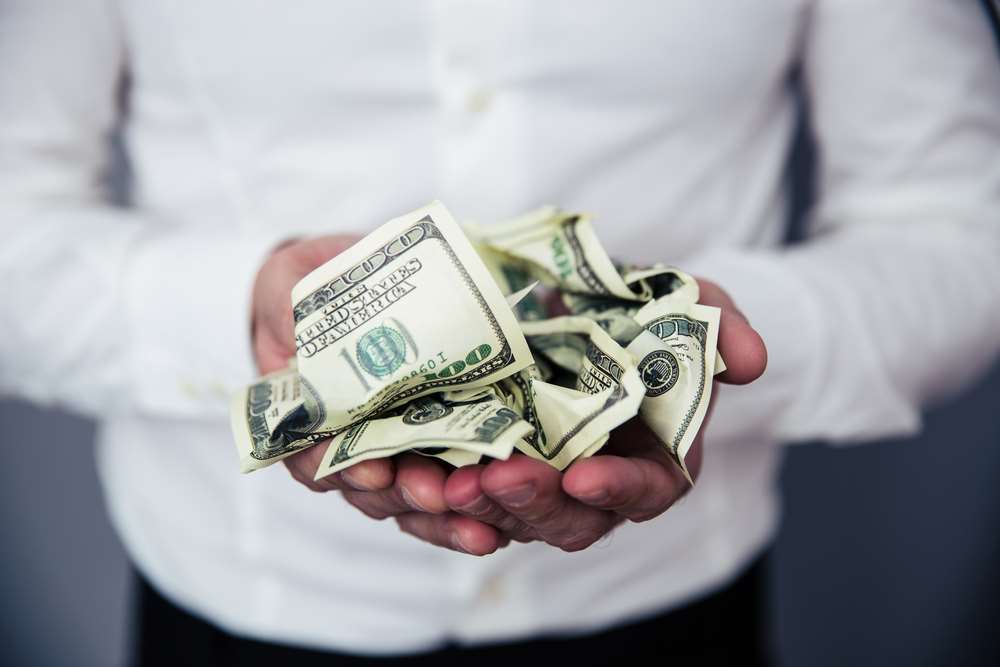Published by Gbaf News
Posted on January 15, 2017

Global Banking and Finance Review is an online platform offering news, analysis, and opinion on the latest trends, developments, and innovations in the banking and finance industry worldwide. The platform covers a diverse range of topics, including banking, insurance, investment, wealth management, fintech, and regulatory issues. The website publishes news, press releases, opinion and advertorials on various financial organizations, products and services which are commissioned from various Companies, Organizations, PR agencies, Bloggers etc. These commissioned articles are commercial in nature. This is not to be considered as financial advice and should be considered only for information purposes. It does not reflect the views or opinion of our website and is not to be considered an endorsement or a recommendation. We cannot guarantee the accuracy or applicability of any information provided with respect to your individual or personal circumstances. Please seek Professional advice from a qualified professional before making any financial decisions. We link to various third-party websites, affiliate sales networks, and to our advertising partners websites. When you view or click on certain links available on our articles, our partners may compensate us for displaying the content to you or make a purchase or fill a form. This will not incur any additional charges to you. To make things simpler for you to identity or distinguish advertised or sponsored articles or links, you may consider all articles or links hosted on our site as a commercial article placement. We will not be responsible for any loss you may suffer as a result of any omission or inaccuracy on the website.
Published by Gbaf News
Posted on January 15, 2017

A cashier’s cheque is also called as the teller’s check and makes use of the funds owned by the bank instead of your money. It is different from a check that is issued regularly as the payment is guaranteed by the bank and not by the person who writes it. Though you still pay the money, the bank pays from its funds upfront unlike when you present a personal check where money is taken from your account.
When a Cashier’s Check is Needed?
A cashier’s check can be got once cash is paid to the bank or is withdrawn from the account. The money is transferred to the bank’s account and will then be given to the recipient when the check is cashed. It is commonly used when making large purchases like a car, house or such transactions where you will not be able to use your credit or debit cards. It ensures there is no counterfeiting as there is added security of watermarks and bank employee signatures. The transaction is safe and risk-free for both parties as there are fewer chances of fraud.
How to Get a Cashier’s Check?
Prepare for getting a cashier’s check:
Deposit money: Make sure there is money in your account that can cover the amount of the cashier’s check. If you are getting from a bank in which you don’t have an account, then take cash in excess of the check amount. If you don’t have an account in the bank, you will be charged a percentage of the check amount as fee. So it is best to compare prices online before you head to the bank to purchase the check.
Bring your Id: You will need to show your identification to the bank or the credit union when you have to purchase a cashier’s check. Since the bank is a guarantor to the money, they will need to verify your identity and your account.
Get your check: You can go to the bank without an appointment and get the check on the spot. Take the necessary cash, and the relevant Id proofs and the teller will sign or stamp the check after debiting the amount from your account or by accepting cash if you don’t have an account. The fee for making the check will also be collected here.
Track: Get a receipt and take a copy of the cashed check and keep it safe till the check is cashed. Use tracking tools provided by banks to track the progress.
The cashier’s check is a more secure payment mode as there is the least likelihood of a check bounce due to lack of funds.